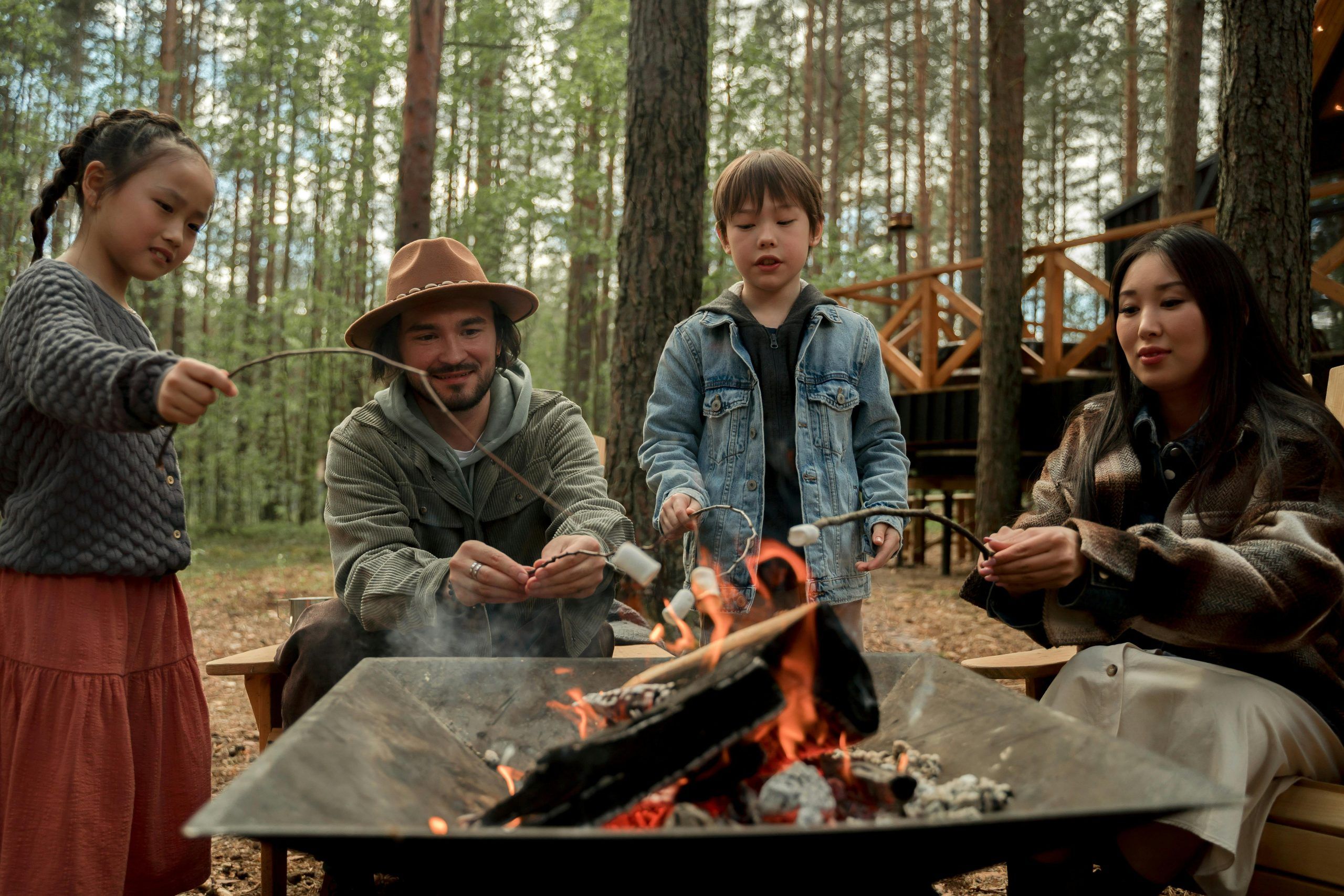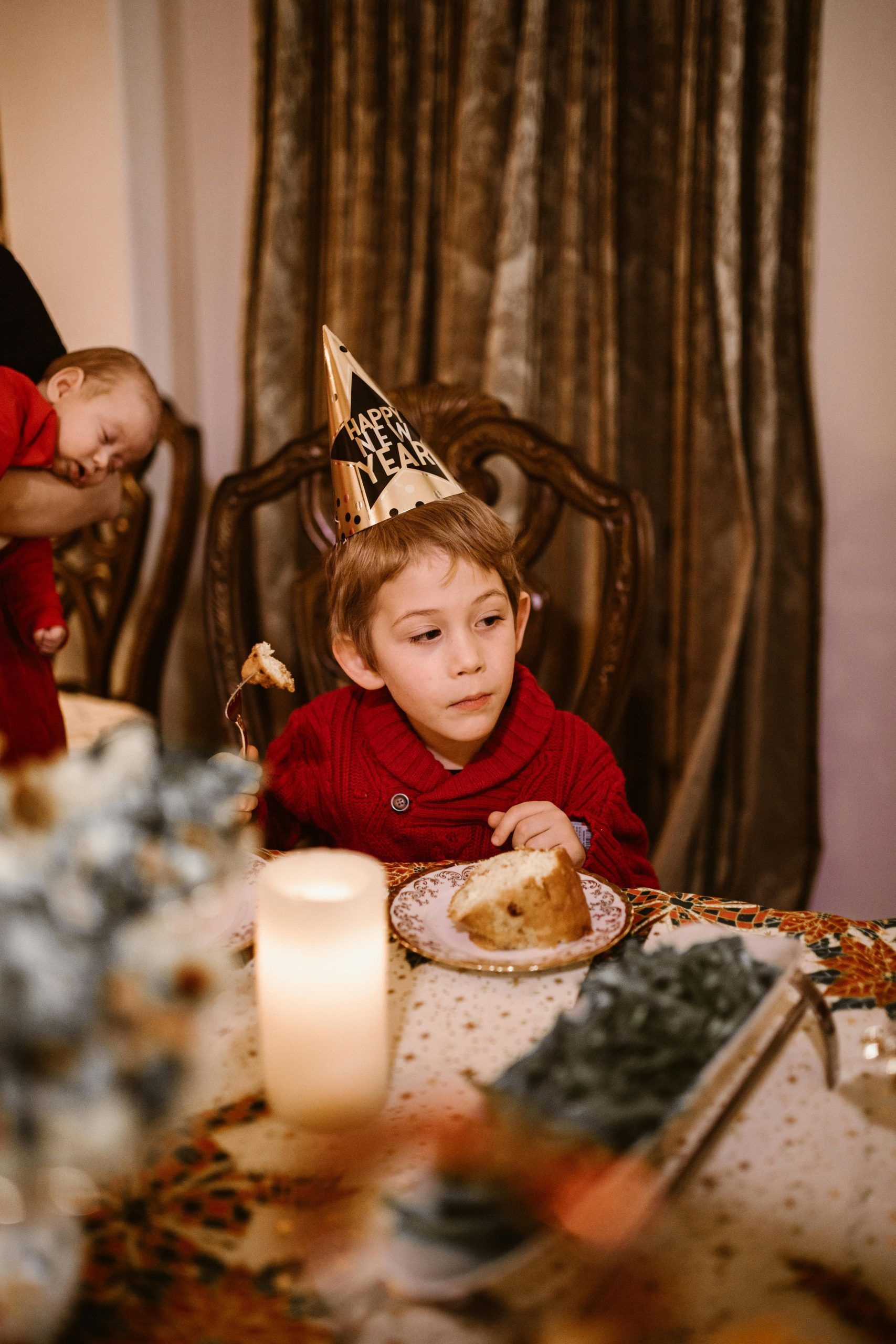Holiday Meltdowns

By Dror Schneider
Table of Contents
How to have a happy holiday With a sensitive child who is easily overwhelmed
Holidays are always around the corner, and if you’re a parent or caregiver of a sensitive child who struggles to cope, you know you’re going to be dealing with some meltdowns.
Let’s go over four causes for meltdowns, and seven things you can do to minimize those meltdowns by being better prepared.
What can cause a meltdown?
-
Sensory overload: Smells, light, touch, sounds. These can be perfumes, cooking smells, blinking holiday lights, clothes that are scratchy, loud music, loud conversation. Change of weather.
-
Change of routine: School is out, family and friends are visiting, or your family is going on a vacation or to stay with relatives. Sensitive children may be stressed by all of this even if they don’t particularly like school, even if they adore the family members they’ll get to see, and even if they think that grandpa’s, or your camper or large tent is the loveliest place on earth.
-
Change of diet: perhaps you’ve been very careful in your day-to-day routine to avoid foods that your child is sensitive to. However, during the holidays there are other foods around, other people’s cooking, and your child may be exposed to foods that he or she is better off without.
-
Your own stress: Parents are often stressed preparing for the holidays, and this stress is contagious. You may have a lot of shopping to do, and perhaps you’re taking your child with you; you may have a lot of cooking, cleaning, decorating or whatever other preparations, and you may be less patient with your child and less able to offer the quiet, pleasant time that you normally would.

By Dror Schneider
Table of Contents
So what can you do about it?
- Adjust your expectations
Expect that your child will melt down, expect that some family members will criticize you or your child. Try to be patient. Don’t blame yourself or your child.
- Prepare your child
The fewer the surprises, the better. Of course, each child is different, but they may understand you even if you can’t get a confirmation from them. And when you prepare your child, try to do two things –
Tell your child what to expect regarding the next day’s schedule, such as – we’ll get up at eight and have breakfast (say exactly what they are going to have and where they are going to have it)… and drive to aunt Marilyn’s, and you’ll get to play with Peggy and Marie or watch TV with them until lunch, and then… whatever.
And try to prepare your child for the sensory input they will be facing. For example: Uncle Denny will probably play the piano and sing holiday songs, and he’ll have a Christmas tree with colorful blinking lights, and it will probably be quite warm. There will be a strong smell of cooking of such and such foods. Remember that Auntie Audrey often lights up a cigarette even when we ask her not to?…
- Don’t insist
Don’t insist on having your child wear that scratchy holiday sweater. Their favorite day-in-day-out clothing will do, if this increases the chances that they’ll feel better about the event.
- Prepare your family or guests
You can tell them things like:
Johnny doesn’t like to be touched or hugged. He’ll initiate physical contact when he’s ready for it. Johnny will be much more comfortable with you if you don’t wear perfume, and if your clothes are from natural materials rather than synthetics.
- Watch the food like a hawk
If you’ve been very careful with your child’s diet, avoiding foods that he or she may be allergic or sensitive to, then during the holidays you should be even more vigilant because some of the food may be cooked by others. You’d want to know the ingredients in the foods others have prepared, or even ask them in advance to modify their recipes as needed.
I’ve heard of a child who was brought into the emergency room twice because grandma just couldn’t believe that her bean dish made him sick the first time around, so she just had to try it on him a second time.
Grandma may also think that part of her job description is to spoil the little ones and let them have the treats they normally don’t get to have at home.
- Watch for signs of a pending meltdown
You know your child best, so perhaps you have your own special clues, such as extra giggling or bounciness or certain hand movements which indicate that your child’s behavior is about to go out of control. Some of these are anger, becoming flushed or seeming floppy. Take your child to a quiet room to have a break from the mayhem, if possible before the meltdown.
- Last but not least, watch your own stress level
For your child’s sake and for your own. Ask yourself what of all the preparations are a must, and where you can lighten up your load. Delegate tasks where you can. You may be surprised to find out that some people have a really happy holiday even if they bought a turkey that was already cooked.
Ask yourself if it’s really a good idea to have family stay over and even sleep in Johnny’s room, or if it’s more sensible to have your in-laws stay at a hotel. Take care of yourself.




